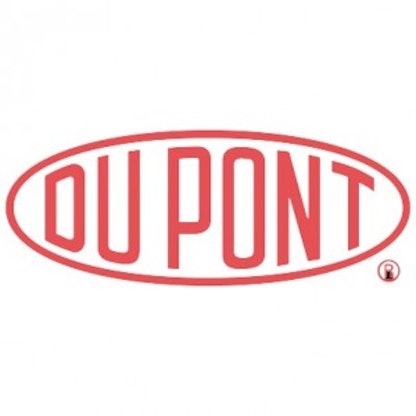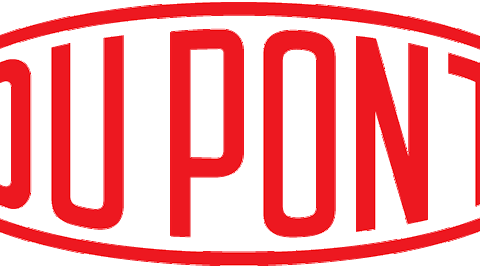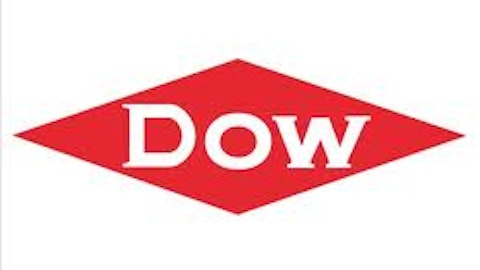What follows may seem rather oxymoronic, because E I Du Pont De Nemours And Co (NYSE:DD) missed per-share earnings expectations by a full $0.16 this week. Nevertheless, I’m convinced that, for several reasons, the company’s shares currently constitute a far better buy than a sell.

Agriculture’s blooming
As might have been expected, agriculture,E I Du Pont De Nemours And Co (NYSE:DD)’s biggest unit at nearly 37% of total revenues, was the strongest segment, turning in a 7% hike in revenues. That made for an 11% sales gain for the first half of the year.
Conversely, the performance-chemicals segment was the caboose for the quarter, suffering a 15% revenue drop, and a 56% plummet in operating earnings. The major culprit there was continued softness in the sale of titanium dioxide, a whitening agent, of which E I Du Pont De Nemours And Co (NYSE:DD) is the world’s largest producer. As such, it appears that agriculture and chemicals are heading in divergent directions.
Let’s start with agriculture — including bio-engineered seeds and pesticides — and its kindred segments. In addition to ag products, if you add in the results from the industrial bioscience and nutrition and health segments, you’ve accounted for nearly 48.5% of E I Du Pont De Nemours And Co (NYSE:DD)’s total revenues. And, given recent trends, a prediction that the three related operations could account for fully 65% of the company’s total sales within a year may not be a stretch.
That being the case, DuPont’s progress clearly is mimicking that of Monsanto. Indeed, there was a time when the St. Louis-headquartered company also led with its chemicals offerings. But today, through divestitures and other restructurings, virtually all its revenues are derived from agriculturally related products. DuPont already constitutes Monsanto’s chief U.S.-headquartered rival.
A chemicals company no more?
Following Tuesday’s post-earnings call with CEO Ellen Kullman and others on DuPont’s executive team, it’s more-than-slightly apparent that most of the company’s remaining chemicals operations are for sale. There are those who believe that their price tag could hit $11 billion, a haul that would do wonders for both the company’s balance sheet and management’s flexibility in availing itself of new initiatives.
Jettisoning the non-performers
Net debt was actually lowered by $4.2 billion during the second quarter through the application of funds received earlier from the sale of the performance coatings group to Carlyle Group LP (NASDAQ:CG). The private equity firm forked over $4.9 million for the segment, which has subsequently been renamed Axalta Coating Systems.
Think about it. Had performance chemicals been jettisoned prior to the June quarter, by my calculation, the three agriculture and ag-related segments would have constituted, ceteris paribus, nearly 60% of total quarterly corporate revenues. Hence, my prognostication above may be less than gutsy. It’s also noteworthy that that sort of strengthening would be ladled upon a company whose shares have already risen by 25% year to date.
A pair of special strengths
In essence, all this stacks up to constitute a pair of key reasons why I believe that DuPont almost certainly will gain in strength and attractiveness during the remainder of this year and beyond:
1). I’m a management freak. And having watched Kullman function as DuPont’s CEO since 2009, I’ve become impressed by her ability to point the company in new directions when and where appropriate. That’s high praise, given that her predecessor, Charles “Chad” Holiday, is a University of Tennessee alumnus. Kullman is backstopped by a solid team of senior executives.
2). The steady movement toward a dominance by agricultural endeavors smacks of all sorts of wisdom. The vast number of developing countries — along with climatic challenges — are resulting in steadily increasing demand for the specialized seeds and other products produced by DuPont.
A sound corporate conclusion
With all this in mind, I’m hard-pressed to take issue with Kullman’s contention during the call that: “While we have capable competitors in individual scientific disciplines, DuPont’s breadth of science is uniquely relevant to where customer demand is heading now in many markets. Simply stated, we are advantaged like no other company to deliver value to our customers and shareholders.”
The article Watch DuPont Make Hay Down on the Farm originally appeared on Fool.com and is written by David Smith.
Fool contributor David Smith has no position in any stocks mentioned. The Motley Fool has no position in any of the stocks mentioned.
Copyright © 1995 – 2013 The Motley Fool, LLC. All rights reserved. The Motley Fool has a disclosure policy.




